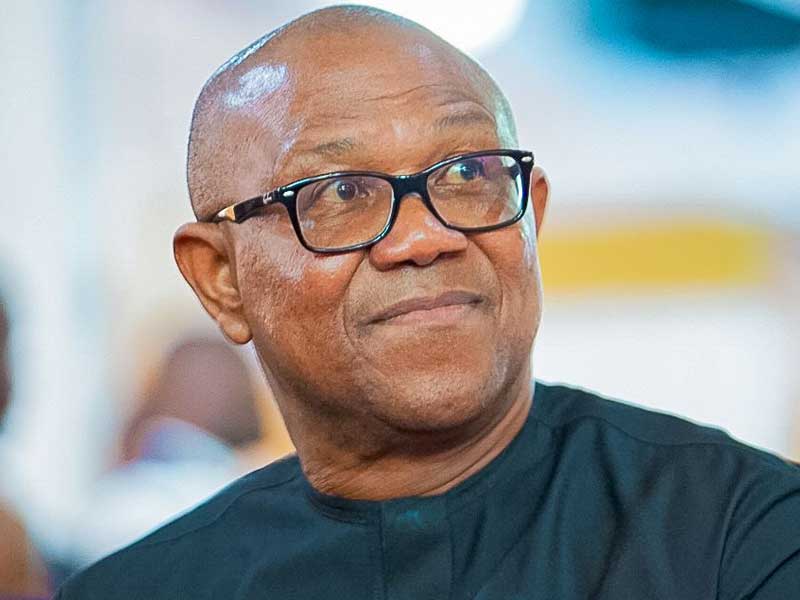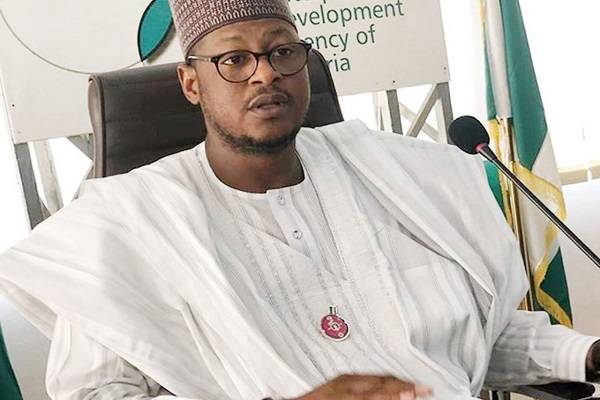2025 UTME: Poor JAMB Results Reflect Decline in Nigeria’s Education System—Peter Obi


Peter Obi, the Labour Party’s former presidential candidate in the 2023 general elections, has expressed deep concern about the state of Nigeria’s education system following the release of the 2025 Unified Tertiary Matriculation Examination (UTME) results by the Joint Admissions and Matriculation Board (JAMB).
In a message shared on his official X (formerly Twitter) account, Obi described the outcome of the examination as “a reflection of the deep-rooted challenges in our educational system.”
He attributed the poor performance of candidates in the UTME to what he described as years of disregard and inadequate investment in Nigeria’s education sector.
“The latest JAMB results once again highlight the consequences of decades of underinvestment in education, a sector that should be central to our national development strategy,” he stated.
According to the 2025 UTME results, students across the country recorded troubling performance levels. Out of a total of 1,955,069 candidates who sat for the exam, only 412,415 — representing 21.5%—scored above 200, which is generally considered the minimum requirement for university admission.
This implies that almost 79% of candidates scored below the 200 benchmark.
Further analysis of the results showed that just 4,756 candidates scored 320 and above, while 7,658 scored between 300 and 319. An additional 73,441 candidates scored between 250 and 299, and 334,560 scored between 200 and 249.
In contrast, 983,187 candidates scored between 160 and 199, and 488,197 scored between 140 and 159.
To highlight the severity of the issue and the need for urgent reforms, Obi compared Nigeria’s university enrollment to that of countries with comparable or smaller populations.
“Currently, Nigeria’s total university enrollment stands at approximately 2 million students. By comparison, the National University of Bangladesh — a single university — has over 3.4 million students enrolled, despite the country having only about 75% of Nigeria’s population. One university in Bangladesh surpasses the entire university enrollment in Nigeria.
Bangladesh, which once lagged behind Nigeria in virtually every measurable development index, now surpasses us in all key areas of development and in the Human Development Index (HDI).
Similarly, Turkey, with a population of about 87.7 million people, has over 7 million university students — more than three times Nigeria’s total university enrolment,” he said.
Peter Obi reiterated that education should be regarded not only as a public service but as a fundamental mechanism for transforming both the economy and society.
“I have consistently said it: education is not just a social service; it is a strategic investment. It is the most critical driver of national development and the most powerful tool for lifting people out of poverty,” he noted.
He called on both the federal and state governments to recognize education as a pressing national priority and to significantly increase funding at all levels to create a more prosperous, fair, and stable Nigeria.









